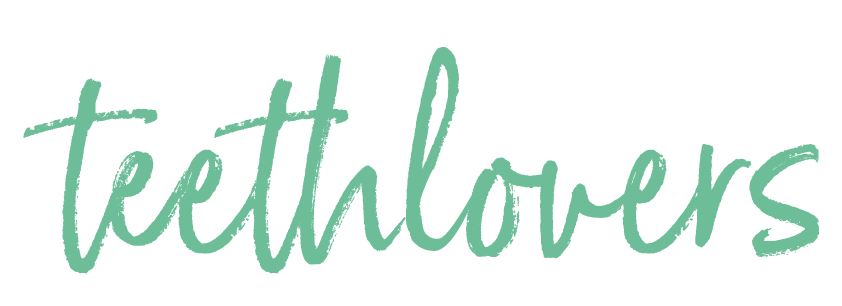
More and more people are adopting a conscious lifestyle and are critically examining ingredients, which also extends to dental care.
The desire for natural alternatives without foaming agents, emulsifiers, stabilizers, or preservatives is growing as consumers become more aware.
Can you brush your teeth without toothpaste?
Is it even possible to brush your teeth without toothpaste? Yes, it is. Humans have been cleaning their teeth for much longer than modern toothbrushes and toothpaste have existed.
Over 5,000 years ago, the ancient Egyptians cared for their teeth, using, among other things, twigs from the Arak tree as toothbrushes—today known as the Siwak or toothbrush tree.

The ancient Romans, on the other hand, used a powder for dental cleaning, made from ground bones. Table salt was also a popular method for cleaning teeth.
Luckily, dental hygiene in today’s world doesn't have to be so primitive. However, you can easily do without unnecessary additives that have made their way into some product formulas over the last few decades.
Brushing your teeth without toothpaste: salt, activated charcoal, and more as a substitute?
But what can be used as a substitute for toothpaste? Several simple remedies are effective alternatives to toothpaste, many of which are also the main ingredients in organic toothpaste or tooth powder.
Brushing Teeth with Salt
Brushing teeth with salt may sound unusual and certainly not very appetizing. However, salt has a disinfecting effect and can effectively combat bacteria.
However, it is very coarse. The salt crystals can wear down the enamel while brushing. Therefore, it is not recommended for daily dental care.
You might also be interested in these topics:
- Gums recede: symptoms and treatment
- What to do if your gums are bleeding? Our tips at a glance
- Dry mouth: causes, symptoms and treatment
- Tooth powder application: benefits and tips
Brushing Teeth with Activated Charcoal
Activated charcoal is currently trendy and is already included in many naturally-made dental care products. It’s used as an adsorbent to remove unwanted tastes, odors, or dyes.
It has been widely used in Ayurvedic and Chinese medicine and has a natural whitening effect, capable of removing stains caused by coffee, red wine, or tea.
If you use activated charcoal as a home remedy, mix a teaspoon with some water to form a paste and let it sit on your teeth. However, be cautious with vigorous scrubbing—activated charcoal can quickly damage the enamel and cause more harm than good.
Additionally, it's essential to be mindful of the quality of activated charcoal, as it can contain carcinogenic PAHs (Polycyclic Aromatic Hydrocarbons) that form during the burning process of organic materials.
Tooth Powder as an Alternative to Toothpaste
For those who value natural dental care without artificial ingredients but don’t want to rely solely on simple home remedies, tooth powder is a great alternative.
A high-quality, professionally developed combination of active ingredients ensures optimal dental care and oral hygiene.
Birch sugar fights cavities and plaque, clay, chalk, and baking soda gently remove dental plaque and act as acid buffers.
Various plant extracts from lemon, peppermint, lemongrass, rosemary, or thyme can have anti-inflammatory and antibacterial effects, taste great, and leave a pleasant mouthfeel.
Instead of relying on just one active ingredient, tooth powder offers comprehensive dental care with an efficient composition of complementary active ingredients. The ratio of ingredients is precisely developed by professionals to provide the best possible cleaning effect as well as tooth remineralization and gum strengthening.


